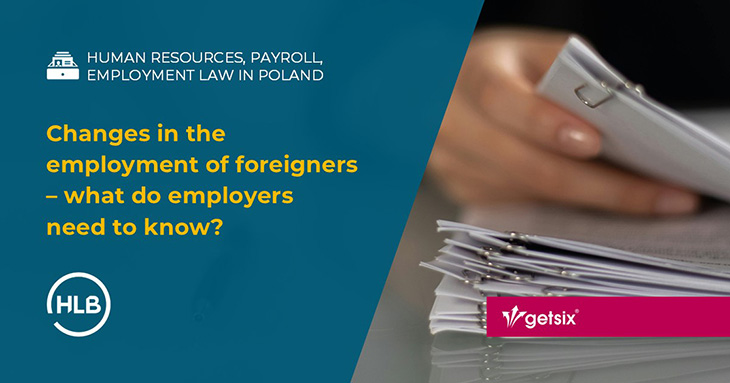More about the tag: 2025
Stay up to date!
Subscribe to
our
newsletter
getsix® Information Service
The latest Tax, Legal, Accounting
& Payroll News
The latest news from getsix®
The latest news from Poland
Accounting Office Contact
Speak to a Customer Relations Consultant for Accounting & Financial Services in Poland. An expert will respond shortly.
Marta
Head of Customer Relationships Department / Senior Customer Relations Manager
Contact:
Tags
Our Recommendations
"Everything was at the highest level."
— SEO Officer, Household Goods Retailer
"The combination of catering for me as a sole business person but with international requirements was..."
— Owner, Consulting Company
"They are always helpful and ready to support, offering high-level, up-to-date knowledge."
— CEO, item Polska sp. z o.o.
"All services are always performed on time."
— General Director, Ditzinger Sp. z o.o.
“Our communication has always been good thus far. Their team always replies promptly to our...”
— Financial Controller, Greenpack
"I'm very happy with them."
— EMEA Controller, Global Experience Specialists
Our Memberships






















